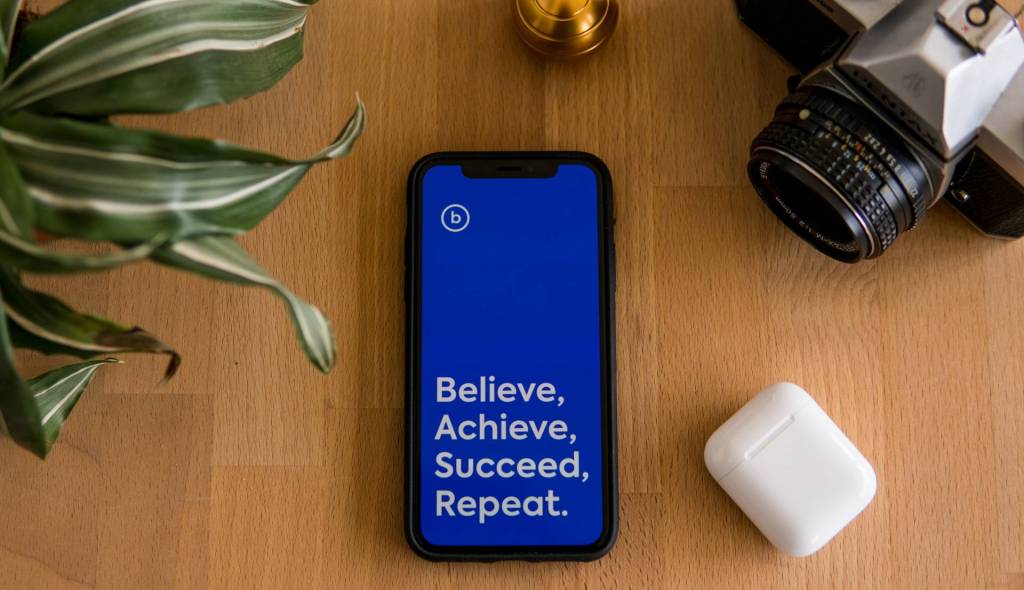Regardless of age, profession or industry, you can have a more fulfilling, more lucrative career. You simply have to possess a burning desire, ambition and a sense of purpose.
While improving your situation takes significant work and focus, making the necessary changes to set yourself up for success is well worth the effort. With that being said, below, you will find 7 ways to have a more fulfilling career and enjoy heightened prosperity.
1. Look at failure from a different perspective.
Nobody is ever defeated until they accept defeat as a reality. The most successful individuals understand that failure brings with it the seed of an equivalent success.
All who succeed in life get off to a bad start, and pass through many heartbreaking struggles before they “arrive.” Our sales recruiting specialists have seen that one of the most common causes of career failure is the habit of quitting when confronted by temporary defeat.
2. Begin to believe in yourself.
Have faith in your abilities. Without a humble, but reasonable confidence in your own powers, you cannot be successful or happy. A sense of inferiority and inadequacy interferes with the attainment of your hopes, but self-confidence leads to self-realization and successful achievement.
3. Set firm goals and do everything possible to achieve those milestones.
Without clear direction as to where you want to be, it becomes virtually impossible to obtain a satisfactory career.
Once you know what you are working towards, you can become more productive, map out the necessary tasks required to achieve those goals and carry yourself with a sense of purpose.
4. Clarify your values.
Character is a matter of whom you choose to be and the actions you decide to take. Focus on being honest, healthy and positive. Start to become bold and decisive and less judgmental of others. Regardless of situation, always act in accordance with your values.
5. Discover your passion.
Your passions are the answer to “Who am I at my deepest level?” Know what you love to do and focus your energy toward being able to do more of it. Begin a commitment to further being able to pursue activities that are meaningly and rewarding.
6. Make the most use out of your time.
Very few people are as productive as they wish to be. The majority get distracted by co-workers, spend excessive time on the internet and become absorbed by unimportant aspects of a single project.
In order to ensure maximum productivity, author Heidi Grant Halvorson (Nine Things Successful People Do Differently), describes that the best way to remedy lost productivity is to implement “if-then” planning.
This entails deciding in advance when and where you will take specific actions to reach your goal. For instance, “if it is 4:00 p.m., then I will return any phone calls I have to make.”
7. Smile.
The number one way to project warmth to co-workers, superiors and interviewers is to smile. People attribute all kinds of positive things to people who smile such as happiness, attractiveness, sociability and success.
Bosses are more likely to promote individuals who smile. Clients are more apt to buy from them and co-workers tend to trust them more. This is not to mention that smiling elevates your mood and affects your mental function by increasing your sense of cognitive ease.
Most importantly, know what you want from your career and have the determination to stand by that desire until it is fulfilled.












